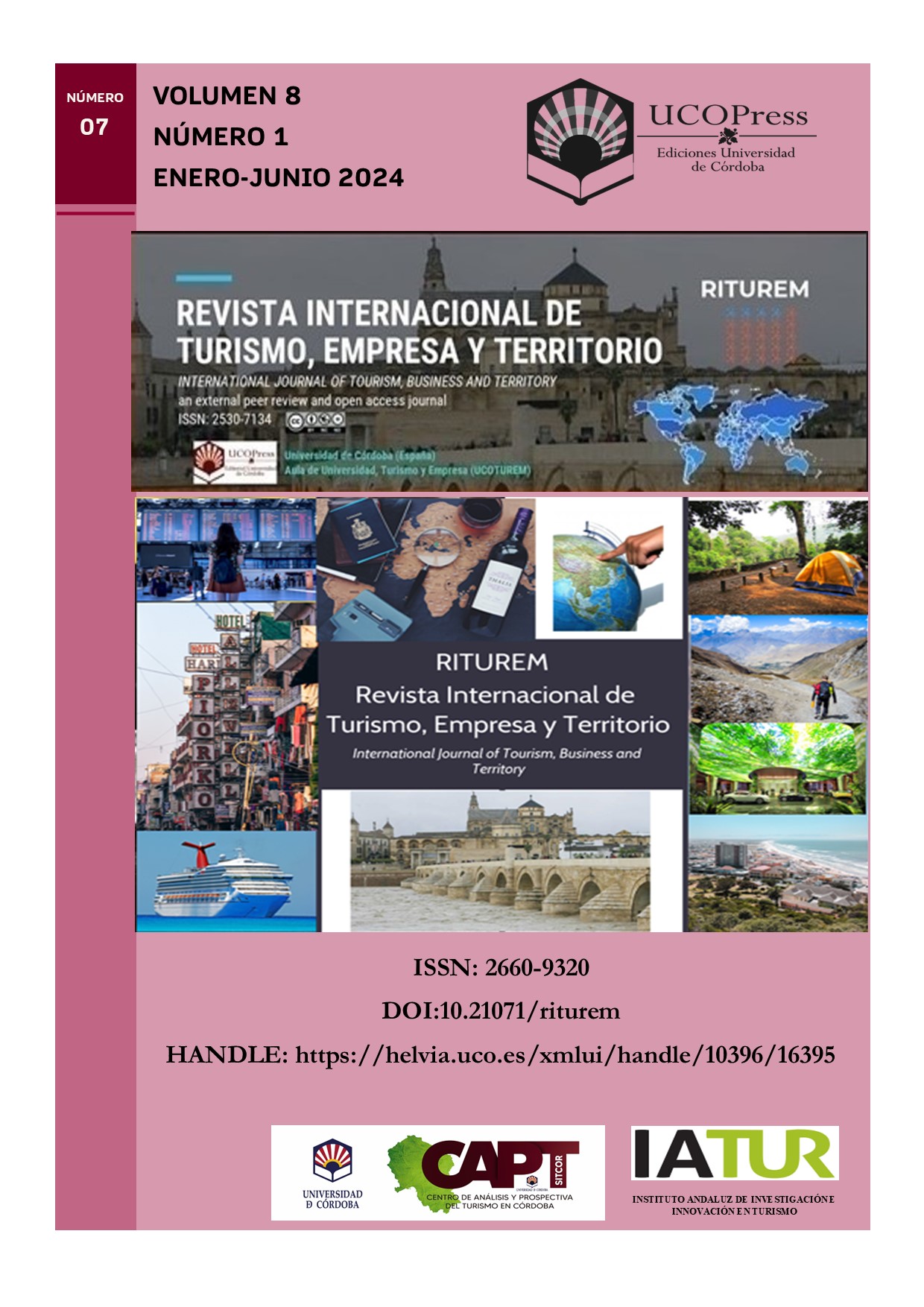Key factors for the viability of gastronomic ventures post health crisis (COVID-19) in Portoviejo (Ecuador)
Main Article Content
Abstract
The pandemic has had a strong impact on the world economy, increasing income inequality in all types of businesses and in all sectors. The economic impact associated with COVID-19 has negatively affected tourism activity, employment, income, and poverty in the Ecuadorian context. The objective of this research is to establish the key factors for the viability of post-sanitary crisis (COVID-19) gastronomic ventures in Portoviejo, Manabí, Ecuador. A qualitative-quantitative methodological design is proposed, combining an exploratory and deductive approach, in three phases: 1) a tourist diagnosis was carried out to identify problems in gastronomic businesses. In 2) a market study is carried out to characterize the gastronomic enterprises (196 questionnaires), and the tourist demand (385 surveys). Finally, 3) consisted of determining the elements of the CANVAS business model in gastronomic ventures. The results show that the vast majority of entrepreneurs have registered a significant decrease in their income (87%) and present a decrease in their activities (79%). It is concluded that the competitiveness and sustainability of gastronomic ventures will depend on a strong orientation in favor of diversification, intensification and connection of actors.
Keywords: Entrepreneurship; gastronomy; business viability; health crisis (COVID-19); Portoviejo, Ecuador.
Downloads
Article Details
Copyright Notices Proposed by Creative Commons
Proposed policy for journals offering deferred open access
Those authors who have publications with this journal, accept the following terms:
1. The authors will retain their copyright and guarantee to the journal the right of first publication of their work, which will be simultaneously subject to the Creative Commons Recognition License CC BY-NC 4.0 (Creative Commons — Attribution-NonCommercial 4.0 International — CC BY-NC 4.0 ) hird parties to share the work provided that its author and its first publication is indicated this journal and no commercial use is made.
2. Authors may adopt other non-exclusive licensing agreements for the distribution of the published version of the work (e.g., deposit it in an institutional telematics file or publish it in a monographic volume) provided that the initial publication is indicated in this journal.
3. Authors are allowed and recommended to disseminate their work over the Internet (e.g. in institutional telematics files or on their website) before and during the submission process, which can produce interesting exchanges and increase citations of the published work. (See The effect of open access: http://opcit.eprints.org/oacitation-biblio.html.
